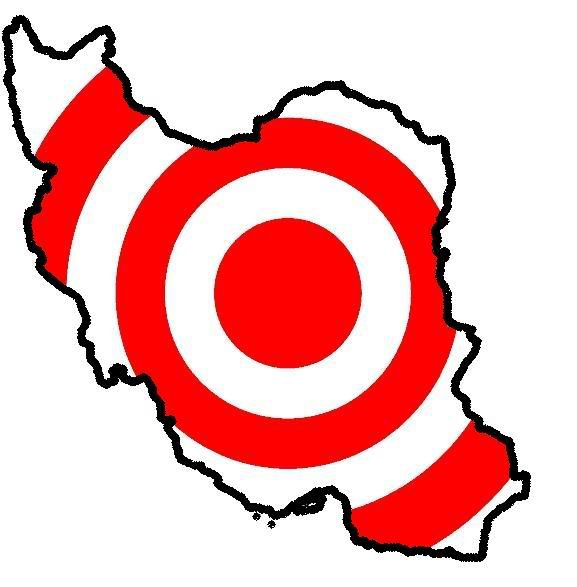
Riedel in the National Interest:
"...ISRAEL SEES its nuclear monopoly as a key factor in its security. Successive Israeli governments have thus ensured that no other state in the Middle East becomes nuclear armed. Time and again, the challenge arises; time and again, the Israelis thwart the attempt. Egypt ...Iraq ....The only exception to the rule is Pakistan—the one Muslim state which has developed a nuclear arsenal. But in this case we are talking about a geographically distant country, and one that has never participated in military operations against Israel......ISRAEL NOW faces the biggest-ever challenge to its monopoly on the bomb in the Middle East from Iran. For Israel, Tehran is a dangerous opponent, close and threatening. There is a virtually unanimous consensus in Israel that Iran cannot be allowed to acquire nuclear weapons. ... They fear Israel’s strategic room for maneuver in the region would be constrained by an Iranian nuclear deterrent. The success of Hezbollah and Hamas in the last few years has only added to Israeli concern....It is certainly a challenging one. Distance alone makes Iran a much more difficult target than Iraq or Syria. .....Moreover, unlike Iraq and Syria, but like Pakistan, the Iranian program is dispersed throughout several facilities and sites around the country, some of which are underground and hardened. An attack might require multiple missions over several days.Though Israel is giving diplomacy and sanctions time to change Iranian behavior, few in Jerusalem expect the soft approach to work. Most also doubt the United States will use force. .....AN ISRAELI attack on Iran is a disaster in the making. And it will directly impact key strategic American interests. Iran will see an attack as American supported if not American orchestrated. ..... Even if Iran chooses to retaliate in less risky ways, it could respond indirectly by encouraging Hezbollah attacks against Israel and Shia militia attacks against U.S. forces in Iraq, as well as terrorist attacks against American and Israeli targets in the Middle East and beyond.America’s greatest vulnerability would be in Afghanistan. Iran could easily increase its assistance to the Taliban and make the already-difficult Afghan mission much more complicated. Western Afghanistan is especially vulnerable to Iranian mischief, and NATO has few troops there to cover a vast area. President Obama would have to send more, not fewer, troops to fight that war. Making matters worse, considering the likely violent ramifications, even a successful Israeli raid would only delay Iran’s nuclear program, not eliminate it entirely. In fact, some Israeli intelligence officials suspect that delay would only be a year or so. Thus the United States would still need a strategy to deal with the basic problem of Iran’s capabilities after an attack, but in a much more complicated diplomatic context since Tehran would be able to argue it was the victim of aggression and probably would renounce its NPT commitments. Support for the existing sanctions on Iran after a strike would likely evaporate.The United States needs to send a clear red light to Israel. There is no option but to actively discourage an Israeli attack. There is precedent for Washington telling Israel not to use force against a military threat. In the 1991 Gulf War, President George H. W. Bush pressed Israeli Prime Minister Yitzhak Shamir not to target Iraqi Scud missile launchers that were attacking Israel. Most importantly, Bush refused to give the Israelis the iff codes (encrypted signals to identify aircraft as “friend or foe”) and approval to enter Iraqi airspace, thereby indicating that Israeli aircraft would be flying into harm’s way.PERSUADING ISRAEL not to attack Iran really means convincing Israel that now is the time to give up its regional nuclear monopoly. If we are going to do so, that means enhancing Israel’s deterrence posture. This is the only way Israel can feel (and will be) safe from an Iranian nuclear threat.....IN SUCH a dire (but manageable) situation, the United States needs to bolster Israel’s capabilities now...."'
No comments:
Post a Comment